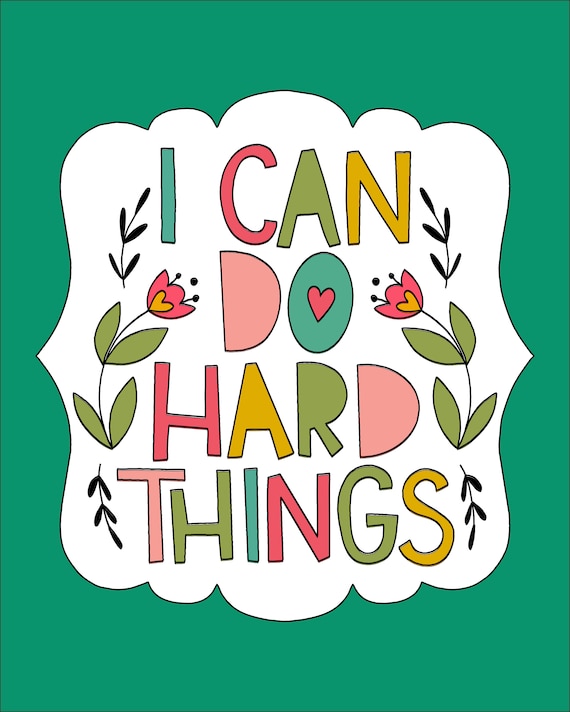
We know that relationships are one of those things that can propel you forward in life or hold you back. And we all want what's best for our children. We don't want to watch them hurt or be taken advantage of. We want them to grow up and find that special someone, to share in the joy and the happiness that a healthy relationship can bring. And we play a big role in that! No we don't ultimately get to choose that partner for them, but we can model what healthy relationships look like. But fear not! If your marriage, love life, or romantic relationships are far from perfect there are still lots of ways to teach your child about healthy relationships. Modeling isn't the only method of learning. So buckle up because this week we're tackling some of the things that help you have a strong foundation in your relationships (and who knows you might also learn a thing or two along the way).
Be a family who turns towards
In all of our relationships there are moments where the other person makes a small bid for our attention so to speak. This doesn't just happen among romantic relationships, but also friendships, in the workplace, and between family members. These bids for attention can be as simple as them trying to engage you in a conversation by telling you something they learned that day. When someone you care about makes a bid for your attention you can 1) Turn towards them by showing interest and giving them your attention, you can 2) Postpone their bid by letting them know you're in the middle of something that you need to finish at the moment but that you would love to hear all about it after BLANK (notice this is still a positive response) or you can 3) Turn away from them by ignoring them or 4) Turn against them by demeaning them, being sarcastic, or downright nasty. Happy couples turn towards their partner at least 80% of the time. So teach your family to be a group who turns towards each other as best you can. Yes sometimes we parents will have to postpone their bid for attention but we can still do it with kindness and love. And these kind of interactions bring us closer together in a positive manner.

Create a culture of appreciation
It is far too easy to take things for granted. Especially in our relationships. When we become accustomed to certain things and begin to expect them without us doing anything in return we are setting our relationship up for failure. So say the things you value and appreciate about each other out loud. No matter how small. Use those small moments, to catch the things that are going well and are right. Let them know that "dinner was great" or that you "know you can always count on them to pay the bills on time" When we make an effort to say this to our partners and our children we are teaching them that "This is what we do as a family. We love each other. And we always let another know what we appreciate about them." Even when our lives and relationships are't perfect, when we have an attitude of seeking out the little things we appreciate our partner more and consistently remember how amazing, sweet and thoughtful they really are.
Emphasize the basics of conflict resolution
Lots of parents avoid confrontation, conflicts, and apologies in front of their children. This leads to arguments being seen as a sort of taboo or bad thing. Now if your style of conflict resolution is a knock down screaming and name calling match please definitely keep that to yourselves (you aren't fooling anyone though, not even the little ones). Conflict and arguments are natural parts of relationships and they can be healthy if handled with respect, love and kindness. So teach your children the basics of conflict resolution. Let them see you work things out with your partner. It is okay to disagree so long as respect and courtesy is maintained while some kind of middle ground or understanding is reached. And then move on. Don't name call, or bring up past things. That isn't the kind of relationship we want to model for our children. Let them hear you discuss things, let them hear you treat each other with respect and patience even while frustrated or emotional. And above all let them see you own up and make things right when you are wrong. These are the basics of conflict resolution and a lot more couples would be happier if they could master this skill so give your kids a leg up by showing them the way.
Teach the importance of shared responsibilities
In the past household responsibilities had specific gender roles. And maybe your family is comfortable with that division. It doesn't matter who takes out the trash, who cooks and who drives. Follow gender roles or split it by doing the things you love. What matters is that we teach our children to share responsibility. One of the reasons couples often fight is due to unequal work load. So let them grow up learning that mom and dad both help around the house. Be careful though. Our actions send unspoken messages to our children. Teaching them that moms always cook and dads always drive but never clean can set them up for failure in the future even if that is what works for your family. Emphasize that this is a personal decision. This is what works for your family and how you choose to do it. Don't let them believe this is just the way to do things because its all they ever saw growing up. What truly matters is finding a balance that helps you and your partner out. And there are so many ways to do that.

We know every relationship is a unique and constantly evolving dynamic. You won't always have it right and that's okay because neither will your kiddo. Every day at Warrior's Way we are just striving to be better than the day before. Life in our homes is no different. So if this post has pointed out some weaknesses in your home now we have a focus to improve upon. And if you're already crushing these, than take some time to reflect on other lessons you can teach your child about healthy relationships. After all we can't teach our kiddos too much during this pivotal time in their life. You've got this parenting Warriors!






